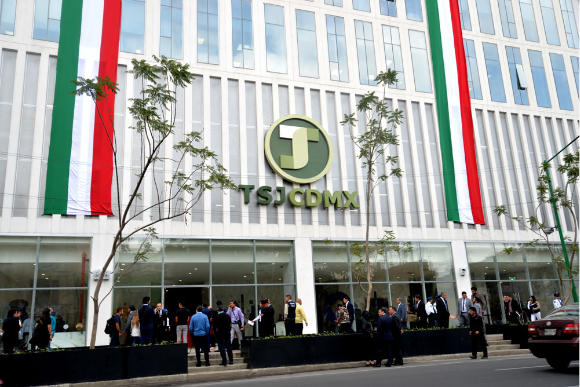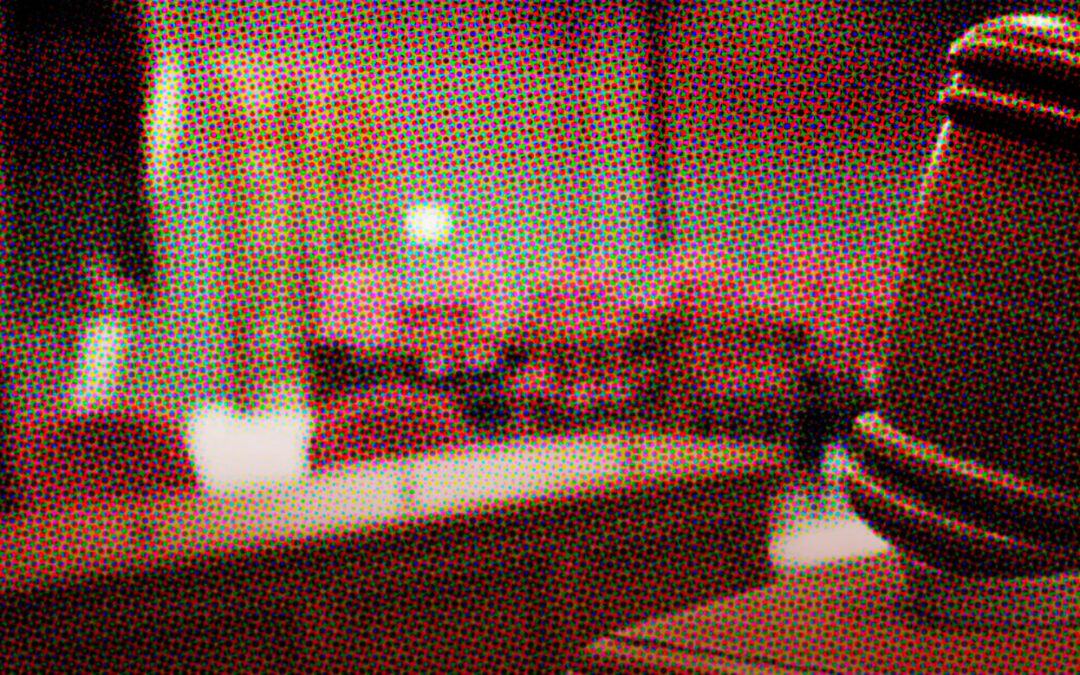The Mexican Constitution, as well as that of many other countries, establishes that criminal hearings must be conducted publicly. However, despite being an explicit principle in the Constitution, the authorities insist on limiting its extent and scope. Therefore, TOJIL has undertaken the following actions to guarantee the exercise of this right.
Initially, TOJIL filed several petitions before transparency institutes and criminal justice centers to gain access to recordings of various criminal hearings. These petitions have resulted in several constitutional lawsuits in response to the refusal of the authorities to give us access to audiovisual records of criminal hearings in cases of grand corruption, in which society has a reinforced interest and right to act as a significant social comptroller to ensure proper public administration.

Additionally, TOJIL filed a complaint before the Institute of Transparency, Access to Public Information, Protection of Personal Data and Accountability of Mexico City (INFOCDMX) for the failure of the Superior Court of Justice of Mexico City (TSJCDMX) to allow access to criminal hearings recordings through its website. This complaint generated a historical precedent where the INFOCDMX recognized the obligation of the TSJCDMX to make public the oral trial hearings recordings in which a final sentence has already been dictated.
This resolution was partially favorable in promoting the publicity of hearings and sentences in criminal matters. However, in that same ruling, the INFOCDMX negatively answered concerning the obligation to respect the principle of maximum publicity of all public criminal hearings; that is, not only those in which a final judgment is issued but all hearings held at any procedural stage (initial, intermediate, and oral trial).
Therefore, TOJIL filed a first constitutional complaint, in which a District Judge ordered the INFOCDMX to dictate a new resolution reiterating the partial breach of obligations by the TSJCDMX. Also, the District Judge ordered the INFOCDMX to determine with due justification whether the TSJCDMX is obligated to guarantee access to the audiovisual records of all public criminal hearings.
To comply with that ruling, on March 02, 2022, the Plenary of INFOCDMX issued a new resolution in which it determined that the TSJCDMX is not obliged to publish the audiovisual records of all public criminal hearings, given that there is no express obligation in the applicable local legislation. Likewise, the INFOCDMX argued that such recordings will likely contain confidential information that violates the parties’ right to privacy or intimacy.
Consequently, TOJIL filed a second constitutional complaint, considering that the resolution of INFOCDMX violates the rights of access to information, access to justice in its collective aspect, and the principles of maximum disclosure of data and publicity of the criminal process. The resolution of this lawsuit was delayed by an extensive jurisdictional debate between two District Courts that was finally settled thanks to the intervention of the Secretariat of New Organs of the Federal Judicature Council. We are currently waiting for the case to be solved.

